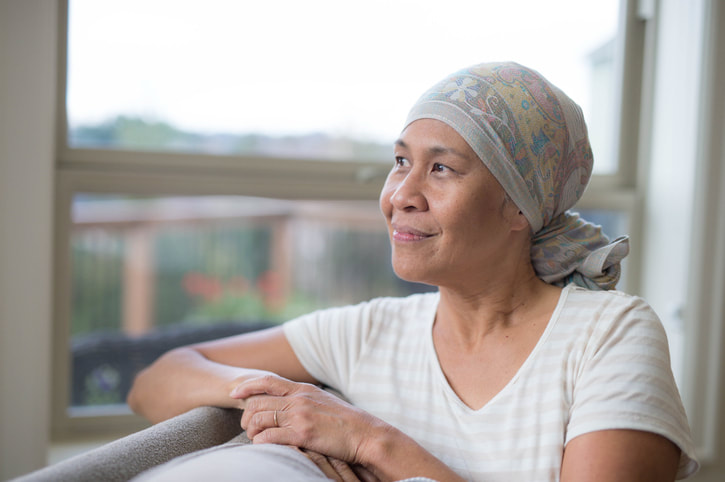ABOUT BRAIN INJURY
A brain injury can happen anytime, anywhere, to anyone. Brain injuries do not discriminate. An injury that happens in an instant can bring a lifetime of physical, cognitive and behavioral challenges. Brain injury affects the individual, family, friends, coworkers and many other social networks. Roles in an relationship change and financial ramifications can be extensive. However, early and adequate access to care will greatly increase overall quality of life for the individual with a brain injury.
Brain injury can cause challenging cognitive (problems with memory, information processing, concentration, judgment, initiating activities and others), physical (seizures, muscle spasms, fatigue, headaches, balance problems and others), psycho-social behavior and emotional impairments (depression, mood swings, anxiety, impulsivity, agitation and others).
*An acquired brain injury (ABI) is an injury to the brain that is not hereditary, congenital, degenerative, or induced by birth trauma. Essentially, this type of brain injury is one that has occurred after birth. The injury results in a change to the brain’s neuronal activity, which affects the physical integrity, metabolic activity, or functional ability of nerve cells in the brain. An acquired brain injury is the umbrella term for all brain injuries.
There are two types of acquired brain injury: traumatic and non-traumatic.
Traumatic Brain Injury
A traumatic brain injury (TBI) is defined as an alteration in brain function, or other evidence of brain pathology, caused by an external force. Traumatic impact injuries can be defined as closed (or non-penetrating) or open (penetrating). Examples of a TBI include:
Often referred to as an acquired brain injury, a non-traumatic brain injury causes damage to the brain by internal factors, such as a lack of oxygen, exposure to toxins, pressure from a tumor, etc. Examples of NTBI include:
RESOURCES:
*copied from BIAA
Brain injury can cause challenging cognitive (problems with memory, information processing, concentration, judgment, initiating activities and others), physical (seizures, muscle spasms, fatigue, headaches, balance problems and others), psycho-social behavior and emotional impairments (depression, mood swings, anxiety, impulsivity, agitation and others).
*An acquired brain injury (ABI) is an injury to the brain that is not hereditary, congenital, degenerative, or induced by birth trauma. Essentially, this type of brain injury is one that has occurred after birth. The injury results in a change to the brain’s neuronal activity, which affects the physical integrity, metabolic activity, or functional ability of nerve cells in the brain. An acquired brain injury is the umbrella term for all brain injuries.
There are two types of acquired brain injury: traumatic and non-traumatic.
Traumatic Brain Injury
A traumatic brain injury (TBI) is defined as an alteration in brain function, or other evidence of brain pathology, caused by an external force. Traumatic impact injuries can be defined as closed (or non-penetrating) or open (penetrating). Examples of a TBI include:
- falls
- assaults
- motor vehicle accidents
- sports injuries
- concussion
Often referred to as an acquired brain injury, a non-traumatic brain injury causes damage to the brain by internal factors, such as a lack of oxygen, exposure to toxins, pressure from a tumor, etc. Examples of NTBI include:
- stroke
- near-drowning
- aneurysm
- tumor
- infectious disease that affects the brain (i.e., meningitis)
- lack of oxygen supply to the brain (i.e., heart attack)
RESOURCES:
*copied from BIAA
Acquired Brain Injury |
Traumatic Brain Injury |
|
Learn about what an Acquired Brain Injury is and the causes behind different acquired injuries.
|
What causes a traumatic brain injury (TBI)? Check out the causes and severity of different injuries.
|
© Brain Injury Association of Georgia.
|
Mailing Address:
5962 Zebulon Road PMB 220 Macon, GA 31210 Email: gethelp@biaga.org Toll Free 1-800-444-6443 |



